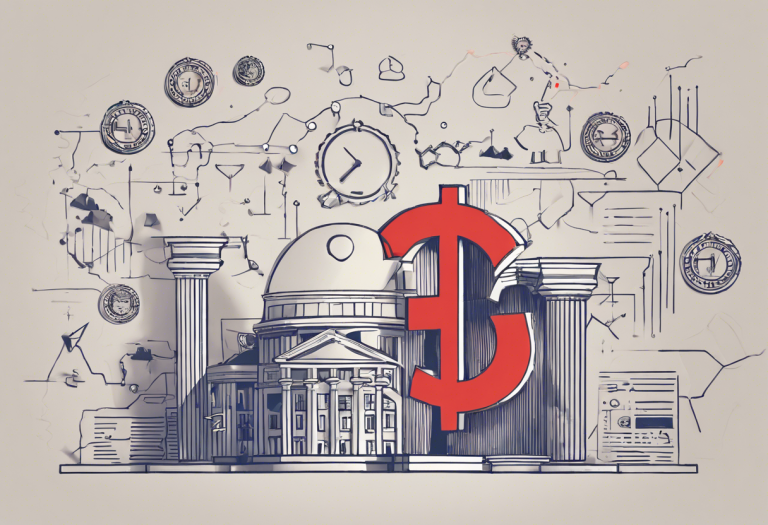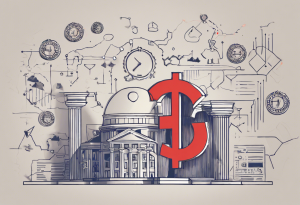Swiss banks have long been seen as a symbol of stability, security, and secrecy. The country’s strict banking laws and renowned private banking services have made it a popular destination for wealthy individuals and corporations looking to protect their assets. However, recent years have been marked by a series of scandals involving Swiss banks, tarnishing their once unblemished reputation.
One of the biggest scandals involved UBS, one of the largest banks in Switzerland. In 2009, UBS was exposed for helping wealthy clients evade taxes by hiding their assets in secret Swiss bank accounts. This led to a massive fine of $780 million and the bank agreeing to disclose account information to the US government. In 2018, Credit Suisse also came under scrutiny for similar accusations of helping clients evade taxes through offshore accounts. The bank was fined $2.5 billion and is currently facing criminal investigation in multiple countries.
These scandals have not only stained the reputation of Swiss banks but have also brought to light the shady practices that were once taking place behind closed doors. The country’s once highly praised banking system is now under scrutiny and facing pressure to become more transparent. The recent scandals serve as a wake-up call for the Swiss banking industry to reassess their practices and regain the trust of their clients.
The fallout from these scandals has also affected the Swiss economy as a whole





